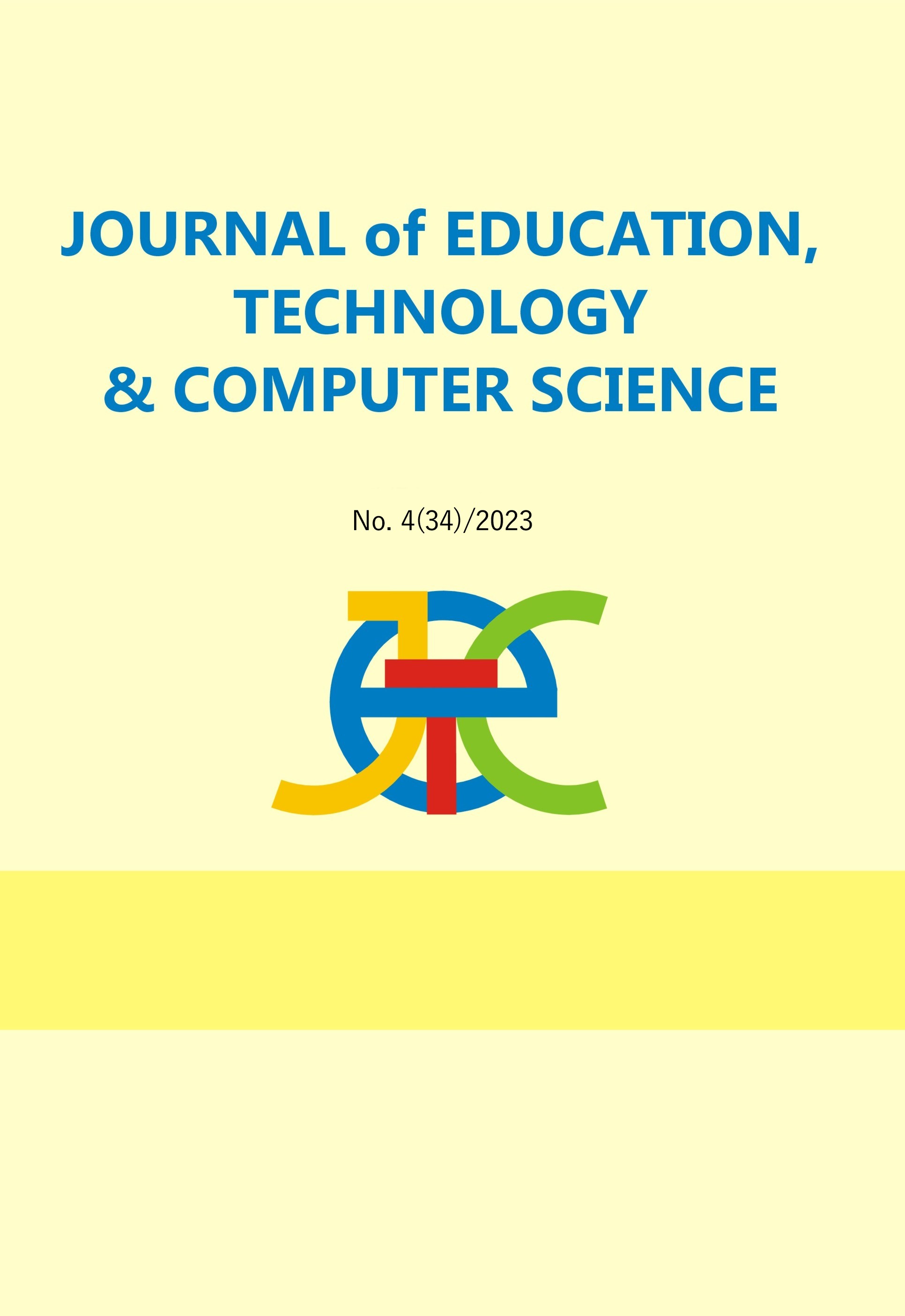Artificial Intelligence and Ethics
DOI:
https://doi.org/10.15584/jetacomps.2023.4.12Keywords:
Generative Artificial Intelligence, Large Language Models, ChatGPT, EthicsAbstract
A more covert aspect of Artificial Intelligence (AI) pertains to the ethical quandaries surrounding the actions of machines. In the case of Large Language Models (LLMs), hidden beneath their seemingly impeccable automated outputs lies a colossal amalgamation of trillions of compiled data points, comprising copied blogs, articles, essays, books, and artworks. This raises profound questions about copyright ownership and retribution for the original authors. But beyond intellectual property, another insidious facet of LLMs emerges – their propensity to cause harm to individuals through what can only be described as hallucinatory outputs. Victims of these AI- -generated delusions suffer defamation, and their plight remains largely unnoticed. Amidst the marvels of AI, the plight of the underpaid laborers who form the backbone of AI development is seldom acknowledged, a subject that warrants more profound discussion. Furthermore, as AI algorithms continue to permeate various aspects of society, they bring to the fore issues of bias. For instance, facial recognition technologies frequently exhibit skewed outcomes, leading to false accusations and grave consequences due to over-reliance on these technologies.
The algorithmic schemes employed in CV selection for job applications or university admissions also raise concerns about fairness.
The question of machines replacing the human workforce looms ever larger on the horizon. The potential socio-economic ramifications demand careful evaluation.
Lastly, the extensive reliance of artificial intelligence on vast datasets, including copyrighted works, results in the creation of gargantuan data servers with an unimaginable environmental impact.
The hidden aspects of artificial intelligence encompass a multitude of ethical dilemmas, spanning intellectual property rights, biases, labour conditions, societal impacts, and environmental considerations. A thorough and elaborate examination of these issues is essential to navigate the ever-evolving landscape of AI responsibly and ethically.
Downloads
Published
How to Cite
Issue
Section
License
Copyright (c) 2023 Journal of Education, Technology and Computer Science

This work is licensed under a Creative Commons Attribution-ShareAlike 4.0 International License.

